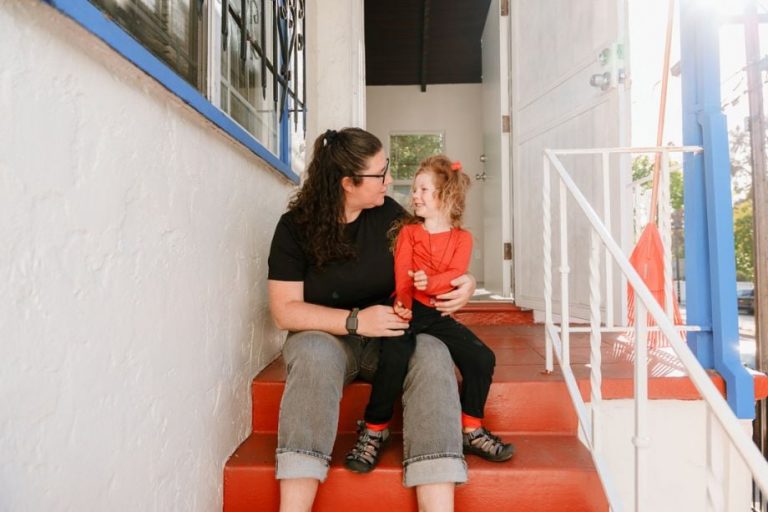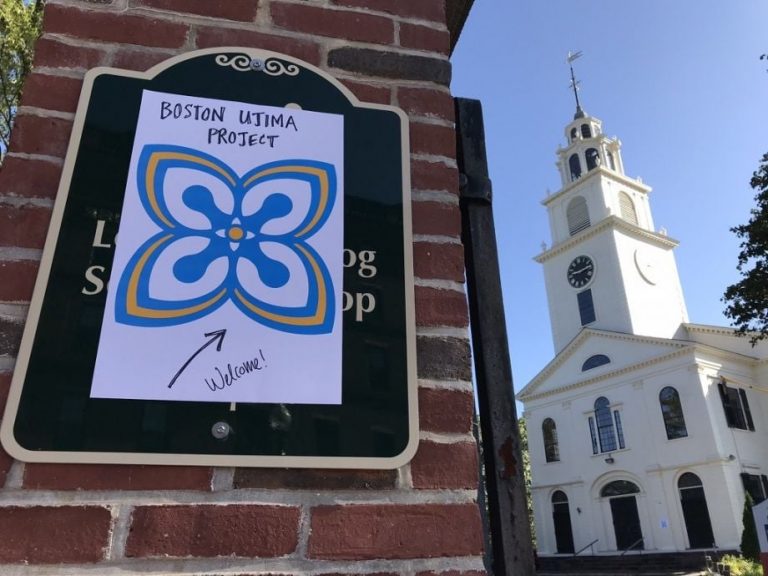Land Trust’s Pioneering Model Protects Artists From Displacement
To Meg Shiffler, every artist is an entrepreneur. The inaugural director of the San Francisco-based nonprofit Artist Space Trust knows that when artists are priced out of their communities, it’s not just a loss of cultural vibrancy; it’s the shuttering of small businesses and the weakening of local economies.
Artists everywhere are on the brink. A longitudinal study of 20 million workers from 2006 to 2021 found that artists earn up to 30% less than those in other industries. Although over 5 million people work in the arts and cultural industries, they face higher unemployment rates, lower wages, and fewer benefits. And because artists are three-and-a-half times more likely to be self-employed than other workers, many lack the credit and stable income that banks and landlords require.
“The displacement of artists is not just the displacement of workers,” Shiffler explains.















